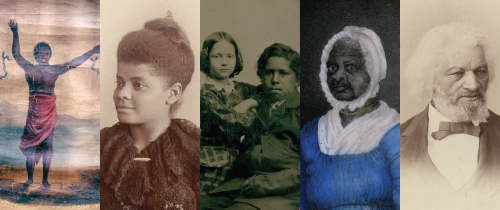In the Shadow of World War: Revisiting W. E. B. Du Bois's Black Reconstruction

MHS Event
Author: Chad Williams, Brandeis University
Comment: Adriane Lentz-Smith, Duke University
Black Reconstruction by W. E. B. Du Bois stands as one of the most groundbreaking books in American history. Scholars have acknowledged how the book, published in 1935, and Du Bois’s arguments in it, pioneered the study of Reconstruction today. This paper explores the genesis and conceptual roots of Black Reconstruction by placing them in conversation with Du Bois’s connection to World War I. The full meaning of Black Reconstruction is incomplete without an understanding of the impact of World War I on Du Bois’s political evolution and approach to history.
The African American History Seminar invites you to join the conversation. Seminars bring together a diverse group of scholars and interested members of the public to workshop a pre-circulated paper. Learn more.
Please note, this is a virtual event hosted on the video conference platform, Zoom. Registrants will receive a confirmation message with attendance information.
Subscribers for the current year may login to view currently available essays.
Online Event
